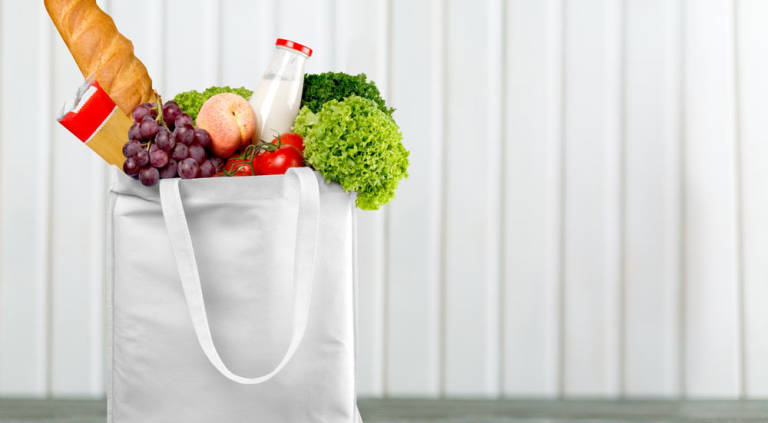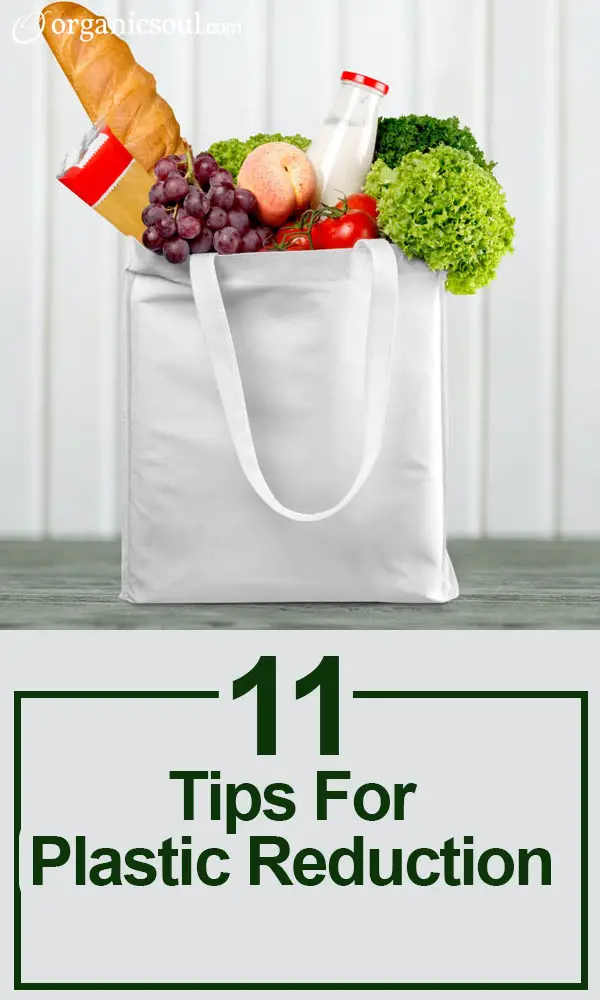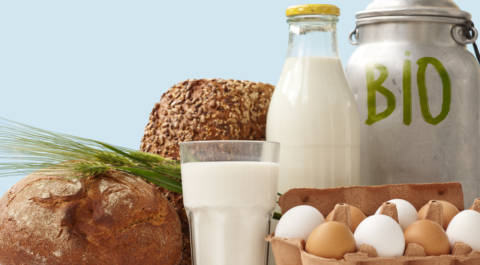
Plastic is everywhere. It’s used in our shoes, for packaging our food, in our appliances, and in hospitals, restaurants, and gas stations. Plastic, if anything, makes the world go round. In fact, it is because of plastic that we are able to communicate across the globe, either with the internet or with cell phones. As we know, however, plastics can contain hazardous chemicals that leach into water supplies. Also, the over use of plastic has generated an enormous amount of waste, actually creating a plastic island in the pacific.
Like Organic Soul on Facebook
Many see scouring the ocean an impossible task; we would kill far too many sea creatures, and there is simply too much plastic. However, stopping the plastic at its source is still an option. We as consumer must say no to the ‘throw away’ mentality. Here are a few tips for cutting your plastic use, and lessening the burden on our oceans and rivers.
1. Reusable Bags At The Store
First on the list, reusable bags are in the spotlight. Whenever you go to grocery story, whether its once or twice a month, chances are you use about 20-30 plastic bags. Just imagine the hundreds of people seen every day, all using that same amount; we’re talking thousands upon thousands of plastic bags.
To beat this, reusable bags are a necessity. Whether they are made out of t-shirts, are old book bags, or are especially made for groceries, get them!
2. Reusable Bags In The Home
Chances are, you’ve already got a ton of these little baggies around the house. First, check with your local waste management service to see if it’s recyclable. Otherwise, reuse them in the home! They can double as small trash bags for the bathroom or waste baskets around the house, and they can even be used as a shipping stuffer instead of peanuts!
3. Get A Water Filter
If you want to be plastic conscious and reduce your impact, stop drinking bottled water. Billions of these bottles are in the ocean already, and the number will continue to grow until the demand is gone. So go get a water filter! They’re cheap, easy to use, and use a fraction of the plastic for the same job.
4. Get A Water Bottle
Clearly related to the last one, getting a water bottle is essential for your day-to-day needs. Whether you use it for water, tea, or juice, having a reusable bottle helps cut down on plastic use tremendously.
5. Avoid Soda And Plastic Bottled Beverages
Besides being filled with sugar and containing no real nutritional values, soda also demands a massive supply of plastic for its packaging. Altogether, this combination is bad; it pollutes the earth, it pollutes our bodies. Avoid it at all costs.
6. Buy In Big Quantities
When you have to buy things packaged in plastic, buy bulk. Usually, this will mean fewer and smaller packages, and overall less plastic waste.
7. Avoid Plastic Wrapped Food
Instead of going to your cheese, meat, or bread isle, visit the bakery and deli. There, they have paper wrapped foods. Get milk from the carton instead of the jug, and look for chips that come in paper products. By declining to buy plastic wrapped eggs, cheese, meats, and dairies, you can cut a huge chunk of plastic out of your daily use.
8. Avoid Plastic Products
In general, avoid plastic products altogether – whether they are food or not. Always opt for the product wrapped in cardboard or paper. Also, be conscious of how your getting rid of your old plastic products! Things like e-waste can be just as bad as a plastic island.
9. Use Tupperware
So, yes, this is a plastic, but if it means you’ll never buy lunch outside your home, it’s a good investment. One set will do, no need for 100 alternate containers. Bring these with you to work and prevent yourself from buying plastic wrapped foods or goodies.
10. Donate Tupperware
If you find yourself with 100 containers, go find a college student or a thrift store – both places usually always need plastic food containers. For college students, these double as actual dishes: very useful!
11. Recycle
Yes, number 11. This was is such a given it doesn’t need to be in the title: RECYCLE! This is a must if you use plastic. Only 5 percent of the worlds plastics are recycled, partially because the difficulty it poses in recycling. Demand technology investments, recycle your products, reduce your use.
Try these few tips out on your day-to-day and prepare to bust your plastic use!
















